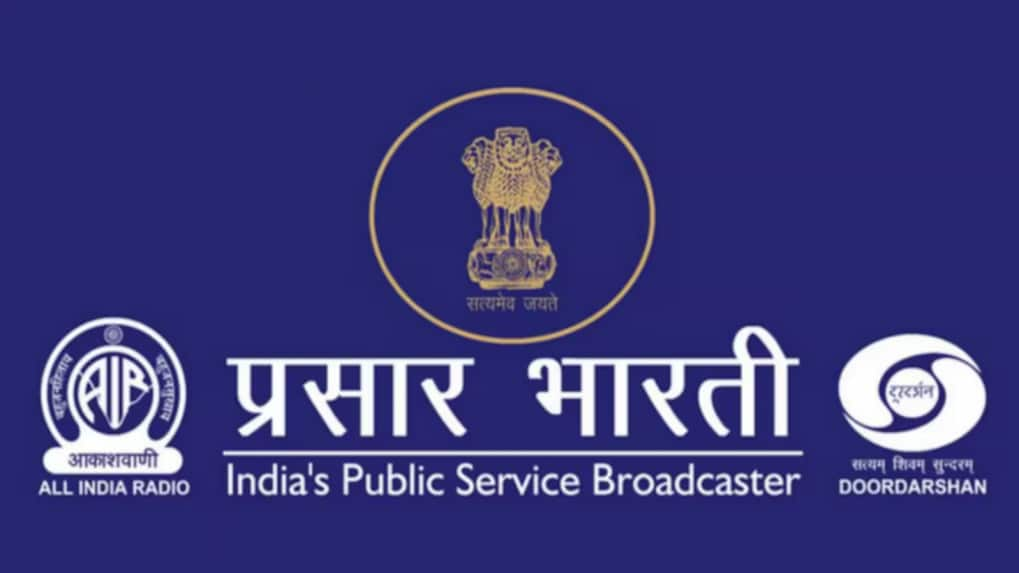Breaking: Prasar Bharati appoints EY to spearhead D2M Broadcasting strategy
The appointment follows directives from the Parliamentary Standing Committee on Information and Technology, which asked the ministry to provide regular updates on D2M's progress.
ADVERTISEMENT
The Ministry of Information and Broadcasting (MIB) led Prasar Bharati has appointed Ernst & Young Private Limited (EY) as the project management consultant for India's ambitious Direct-to-Mobile (D2M) broadcasting initiative. The global consultancy firm has been tasked with finalizing a comprehensive roadmap, including a sustainable revenue model, for the national rollout of D2M technology.
Sources familiar with the development said that EY’s mandate includes ensuring that the new model complements rather than disrupts existing public broadcasting services such as Prasar Bharati’s WAVES OTT and DD Free Dish.
The appointment follows directives from the Parliamentary Standing Committee on Information and Technology, which asked the ministry to provide regular updates on D2M's progress. The committee has also sought clarity on the results of proof-of-concept (PoC) trials already conducted in Delhi and Bengaluru and called for consideration of wider rollout plans based on their success.
In its official submission to the committee, the MIB noted that Prasar Bharati had signed a Memorandum of Understanding with IIT Kanpur to jointly work on emerging broadcast technologies. Collaborative trials are currently being conducted across more than 19 cities in association with IIT Kanpur and Saankhya Labs, now part of Tejas Networks. These tests use both high-power and low-power transmitters to explore cost-effective delivery models, especially for Tier II and III cities.
D2M broadcasting allows multimedia content—such as videos, news, and emergency alerts—to be delivered directly to mobile phones without requiring internet connectivity, functioning similarly to FM radio. The technology holds promise for closing the digital divide, especially in areas with poor or no internet access.
MIB Secretary Sanjay Jaju has previously highlighted the technology’s ability to democratize content access, while TRAI Chairman Anil Kumar Lahoti has described D2M as a “viable alternative” for simultaneous media delivery in India’s rapidly expanding media and entertainment market, which is projected to reach ₹3.08 trillion by 2026.
Further strengthening the case for D2M adoption, Intel and Tejas Networks have successfully integrated the technology into laptops, demonstrating the ability to stream educational content without the need for Wi-Fi or mobile data. This innovation will be showcased at the upcoming World Audio Visual & Entertainment Summit (WAVES) 2025.
As the groundwork for a national rollout progresses, a high-level inter-ministerial committee—including representatives from the Department of Telecommunications, Ministry of Electronics and IT, Department of Space, and MIB—is reviewing the proposal to ensure regulatory alignment and policy coherence.
The parliamentary panel, meanwhile, has underscored the importance of timely reporting and measurable outcomes to ensure that India maintains its leadership in broadcast innovation.
Read More: D2M phones, laptops to showcase the future of broadcasting at WAVES 2025
Read More: Prasar Bharati's WAVES vs D2M: Committee of Secretaries meet to discuss D2M tech
Read More: D2M Broadcasting must expand beyond trials: Parliamentary panel tells MIB


